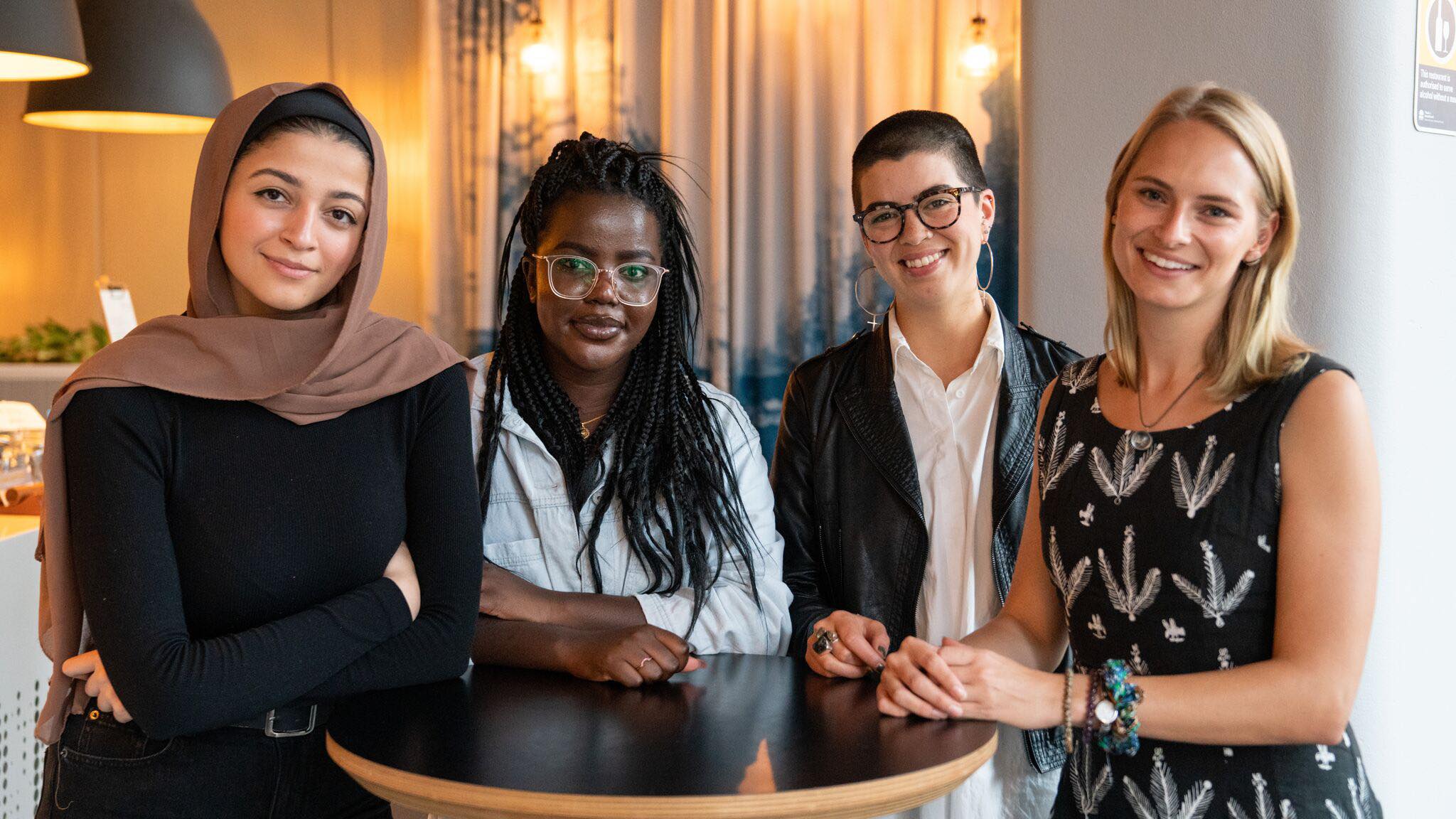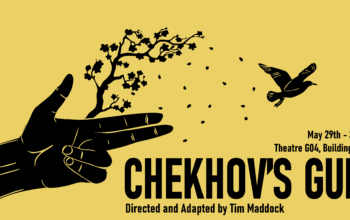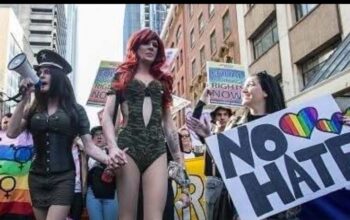YWCA Australia is putting gender equality into practice and has been for over 140 years. As a feminist organisation, its goal is to mobilise communities and push for change.
In August last year, the Illawarra region formed its Youth Frontiers Mentoring Program. I had a chat with Lauren Heslin, a UOW student and cognitive behavioural therapist, about her experience volunteering with the program.
Kirsten: How long have you been involved with the program?
Lauren: I started at the end of last year, I did the training, and I was matched with a young person shortly after.
Kirsten: What made you get involved?
Lauren: So, Youth Frontiers, as a program, has a bit of history. I was actually involved in one of the pilots when it ran in Newcastle. At that point in time, the program looked quite different to how it looks now, but it still has the same substance that it’s working with young people. The program now works with young women who may have engaged with the child protection or justice systems. So, it’s about providing one-on-one support for someone and being a positive role model.
Kirsten: Okay, great. So what does that look like? What are some of the activities that are involved with mentoring?
Lauren: Well, it’s all really led by the young person, which is amazing. So, we talk to the young people about what their goals are, what would they like to achieve, what are their interests, and we engage them in that. It might be that a young person is really interested in being active, we might do a lot of active activities with them. They might just really enjoy connection, so it might just be going out and having a few meals together, going for some walks and having some chats. They might have a career path that they are really interested in and might want to do some activities with their mentor around those areas. So, it’s really led by the young person. I think that’s quite empowering.
Kirsten: Yeah, I was just about to say that the person-centred approach seems like it would be really beneficial for both yourself as a mentor and the mentee as well.
Lauren: Yes, absolutely.
Kirsten: How has your experience been volunteering whilst being a student? Has it complemented your studies?
Lauren: Yep, those are the exact words I was going to use. It really has complimented my studies – I’m studying a Masters of Social Work. There are so many things that I have been learning at uni that I am applying while mentoring and so many things that I am learning with mentoring that I’m taking back into uni. So, it complements both ways well.
Kirsten: That nicely segues into my next question. Has mentoring helped in your future career goals beyond studies?
Lauren: Yes, I do have an interest in working with young people and working within the fields of young people who may have experienced trauma. So, it does align with my future goals, but there are so many aspects of mentoring, I think, that do align with different aspects of future work.
Kirsten: And you did briefly mention it before. Do mentors receive training and support?
Lauren: Yes, absolutely. There is training for the mentors and then there is ongoing support. We also, as well as individually paired with a mentee, we also have some group outings. They usually happen 1-2 months, depending on the dates of the activities and what we have lined up. But that’s a great way for the group to come back together to share experiences between mentees, mentors and the whole group. So it is a beautiful program – the way it has been designed.
Kirsten: It sounds like there is an emphasis on the social aspect of the program.
Lauren: Yeah, a very connected aspect and I think that’s a big part of the program – helping to create connectedness within our community. So, we have amazing mentors in the community that have a wealth of experience of their own and for some people, they may feel like, when they were a young person, they could have really benefited from a mentor, but this is now their opportunity to give back and to have that experience with a young person. And for the young people in our community, they can be connected with some really fantastic role models and mentors.
Kirsten: So, YWCA prides itself as a feminist organisation. How empowering is it to be, as a mentor, a positive role model in young women and gender-diverse people’s lives?
Lauren: It’s indescribably positive. I think it is a really empowering space that we’re working from and we’re taking the strengths of both our mentors and our mentees in that match. When YWCA matches mentors and mentees, they really look for the strengths in both and being an organisation that celebrates women and gender-diverse people is only just a strength.
Kirsten: Yeah, and as you were speaking as well, I was thinking back to that connectedness we discussed. It seems like the program has a great foundation for sustaining connectedness within the program, between the mentors and mentees.
Lauren: And also, our local community as well. I know that Jen from YWCA does a lot of connecting with local organisations and community members, so that’s a really important part of it as well.
Kirsten: Why is a program like the Youth Frontiers Mentoring Program important for the community?
Lauren: It’s important because it puts the young people in our community first and gives them the opportunity to have really positive and strong role models. It also gives adults in our community the opportunity to mentor a young person and, as I said earlier, some mentors may identify that when they were a young person that could have been something really beneficial for them. So, being able to have that opportunity to step into that role and share what you have learned along the way and what strength and resilience you have built with a young person and help them find their own, I think, is really important.
Kirsten: Lovely and I have just one more question: do you have any advice for anyone who is interested in becoming a mentor?
Lauren: Do it. At the least, make an inquiry, find out more about the program because it is so important for the young people in our community to have mentors. We need more mentors to be putting up their hand saying, “You know, I can offer a few hours a fortnight, half a day, a month.” To give back to the community and create that connectedness and hope that although things get hard in life, you can still build strengths from that. And to be able to see that in an adult who may have also been through their own life experiences.
Feature image: WYCA (supplied)




